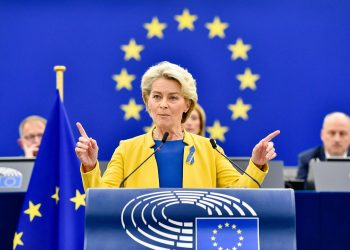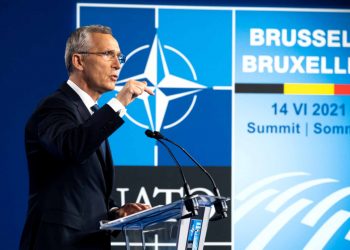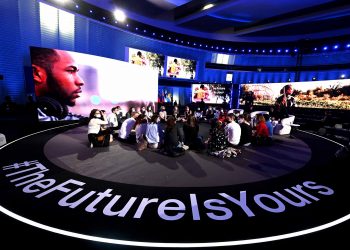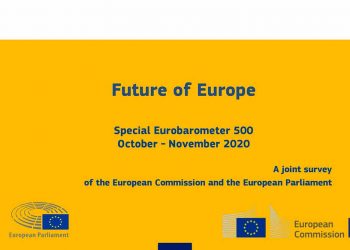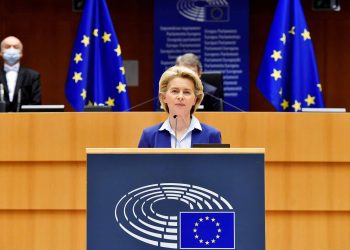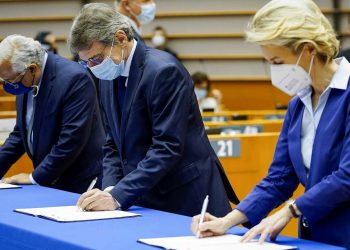European Union debates internet access as a human right with philosophers, writers, economists, exponents of European civil society and social leaders. The World Wide Web was born in Europe and the European Union has played a leading role in setting evidence-based standards. EU promotes Internet Access and a web available to everyone that enshrines human rights. President Sassoli says that our discussions about the digital world must be anchored not only in technical issues but in human rights and justice.
The internet is not just a technology. It is knowledge, it is opportunity, it is empowerment. It is critical to life in today’s world.
The Contract for the Web
A year ago, Sir Tim Berners-Lee launched the Contract for the Web. It is the first ever global plan to make our online world safe and empowering for everyone. Web was designed to bring people together and Internet Access make knowledge freely available. It has changed the world for good and improved the lives of billions. Yet, many people are still unable to access its benefits. Also for others, the Web comes with too many unacceptable costs.
Everyone has a role to play in safeguarding the future of the Web and Internet Access. The Contract for the Web in an initiative by representatives from over 80 organizations, representing governments, companies and civil society. The Contract sets out commitments to guide digital policy agendas. To achieve the Contract’s goals, governments, companies, civil society and individuals must commit to sustained policy development, advocacy, and implementation of the Contract text.
The Contract for the Web – and its roadmap to a better web – is now more critical than ever.
Dialogue between Parliament President David Sassoli, President of the European Commission Ursula von der Leyen, and Professor Romano Prodi, with interventions from Sir Tim Berners-Lee and Simona Levi. On March 12th this year, the world marked the 31st birthday of the World Wide Web. But as we reflected on all the web has become over more than three decades, we could not ignore that we were on the brink of crisis.
Internet Access in COVID19 pandemic
The day before that anniversary in March, Italy closed shops and venues across the country; Austria closed all its schools; Ireland and Sweden recorded their first deaths from coronavirus; the United Nations reported that 20% of the world’s students were already out of the classroom; and the World Health Organisation officially declared the outbreak a pandemic. All in that one day.
The seven months since have seen serious hardship here in Europe and around the world. The cost of the pandemic has been unprecedented. And yet, as bad as it has been, imagine a crisis like this but without the web and Internet Access. With having access to the web, employees can work from home and keep economies afloat; governments and others are able to disseminate vital health information; families can keep in touch; students, if they are lucky, are able to keep their education intact and their dreams alive by learning online.
In this crisis, for those who have it, the web is not a luxury. It’s a lifeline.
Watch here the third virtual meeting in the cycle of public dialogues – Ideas for a new world – promoted by the President of the European Parliament with philosophers, writers, economists, exponents of European civil society, and social leaders. The title of this third dialogue was:
Internet access: a new human right
The online debates focus on access to the internet as a right. The event included a dialogue between Parliament President David Sassoli, European Commission President Ursula von der Leyen, and former Commission President Romano Prodi, with interventions from Sir Tim Berners-Lee and Simona Levi.
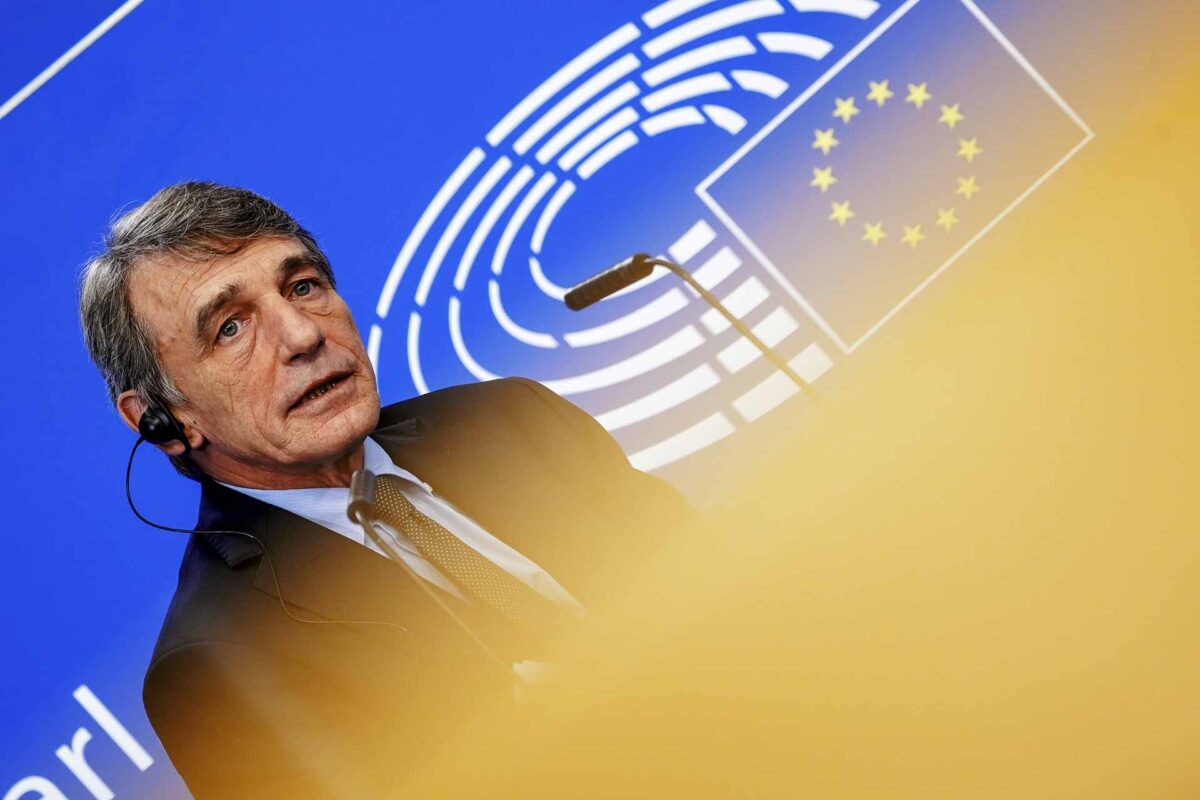
This is a challenge for the European Union to make the web and modern digital environment a democratic space. Internet has to be able to reshape European economic model and give citizens a voice and role in decision-making.
Sir Timothy John Berners–Lee
Sir Tim Berners-Lee is the inventor of the World Wide Web, Chief Technology Officer of Inrupt and Co-Founder of the World Wide Web Foundation, which advances the open web as a public good and a basic right. He is also Co-Founder and President of the Open Data Institute and Founder of the World Wide Web Consortium (W3C). In 2004 he was knighted by HM Queen Elizabeth. In 2007 Sir Tim Berners-Lee was awarded the Order of Merit. Sir Tim received the ACM Turing Award in 2017, referred to as the “Nobel Prize of Computing”. Also in 2014, he made a public appeal for internet access to be recognised as a fundamental human right. Finally in 2019, he launched the Contract for the Web, the first global plan of action to make our online world safe and empowering for everyone.
Simona Levi
Simona Levi is a digital rights activist, director of postgraduate studies at the University of Barcelona on Technopolitics and Rights in the Digital Age, and playwright. In 2008, she founded Xnet, a project working at national and European level that has been active on all fronts of the political agenda regarding technology in the last decade. The main focus of its action are on rights in the digital age. In 2017, the North American edition of Rolling Stone magazine chose her as one of 25 people, including activists, technologists and scientists, who are defining the future.
Parliament eudebates a new Europe
The goal of these dialogues is to think together about a new Europe that works better and is closer to its citizens in a moment that requires imagination, action, and political courage, breaking from the approaches of the past to face new challenges with new tools.

